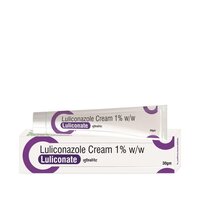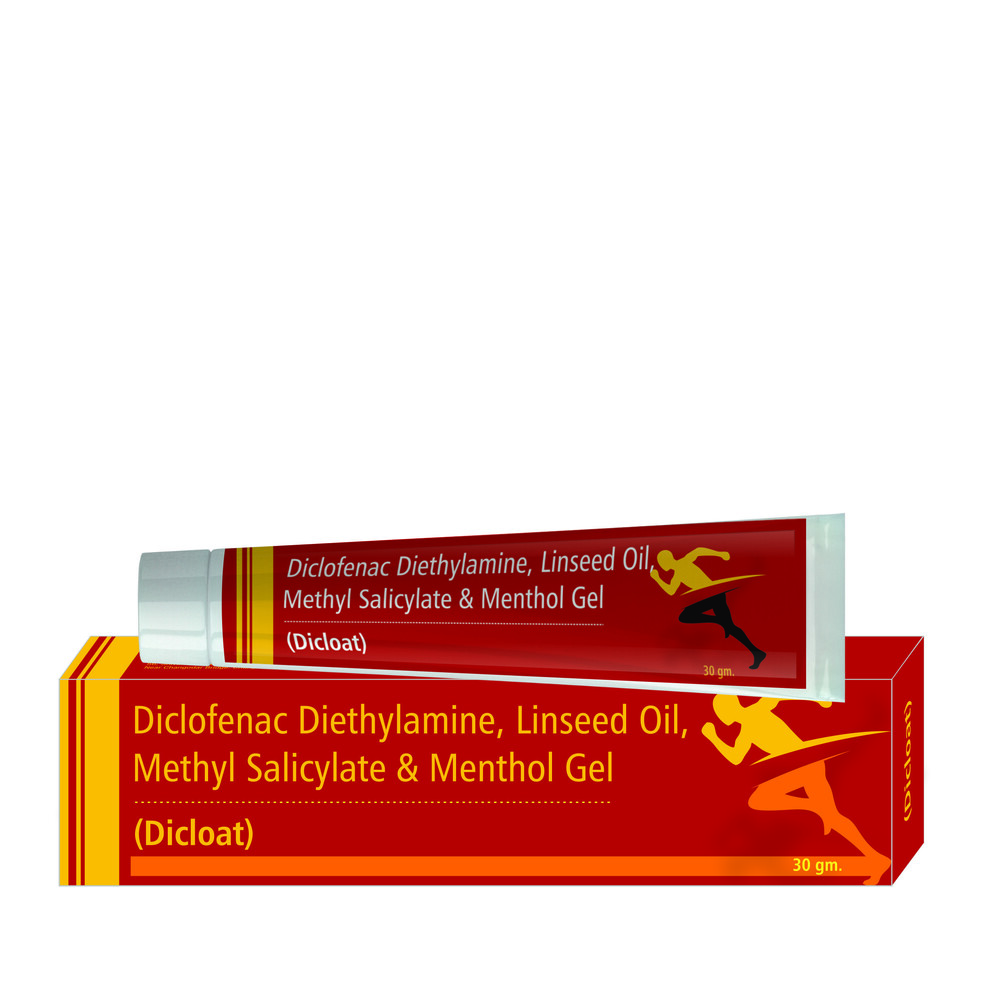Luliconazole Cream
Product Details:
- Formulations Type General Drugs
- Formulations Form Cream
- Storage Instructions Store in Cool
- Click to View more
Luliconazole Cream Price And Quantity
- 100 Gram
- 100.00 - 200.00 INR/Piece
- 40 INR/Piece
Luliconazole Cream Product Specifications
- Cream
- Store in Cool
- General Drugs
Luliconazole Cream Trade Information
- to pay
- Cash in Advance (CID) Cheque Cash Advance (CA)
- Per Day
- Days
- Yes
- Sample costs shipping and taxes has to be paid by the buyer
- 30 gm
- Asia
- All India
Product Description
Luliconazole Cream
Uses
Luliconazole is used to treat skin infections such as athlete's foot, jock itch, and ringworm. Luliconazole is an antifungal that works by preventing the growth of the fungus.
How to use Luliconazole Cream
Read the Patient Information Leaflet if available from your pharmacist before you start using luliconazole and each time you get a refill. If you have any questions, ask your doctor or pharmacist.
This medication is for use on the skin only.
A Luliconazole Cream is used to treat fungal infections of the skin. It is an antifungal medication that fights infections caused by fungus. Luliconazole is in a class of antifungal medications called azoles. It works by slowing the growth of fungi that cause infection. It kills the fungi by preventing the growth of its cell membrane and thus preventing its spread. Luliconazole Cream is used to treat athlete's foot (tinea pedis) or jock itch (tinea cruris) in adults and children who are at least 12 years old.
Frequently Asked Questions
1. What is the purpose of luliconazole cream?
Ans - A topical cream containing liciconazole is used to treat infections brought on by yeast or fungi. It functions by eliminating the yeast or fungus or by stopping its growth. Body ringworm is treated with liconazole cream (tinea corporis).
2. Luliconazole: a treatment for fungus infections?
Ans - A medication that fights fungus is fluconazole. It is employed to treat infections brought on by certain fungi. A yeast called candida is the most frequent cause of fungi infections.
3. Luliconazole: Is it harmful?
Ans - What negative consequences might licconazole topical (Luzu) cause? If you have symptoms of an allergic reaction, seek emergency medical attention: Hives, breathing issues, face, lip, tongue, or throat swelling. If you apply the medication and immediately experience intense burning, redness, swelling, or stinging, call your doctor right away.
4. Is luliconazole safe to take twice daily?
Ans - Only the skin should be used for this treatment. Before applying the medication, wash and dry your hands. Then, wipe and dry the affected region. As instructed by your doctor, often once a day, apply a thin film of the drug to the affected area and some of the surrounding skin and gently rub in.

Price:
- 50
- 100
- 200
- 250
- 500
- 1000+
Other Products in 'Pharmaceutical Ointment' category
 |
ATHENE CHEMICALS PVT. LTD.
All Rights Reserved.(Terms of Use) Developed and Managed by Infocom Network Private Limited. |

 Send Inquiry
Send Inquiry



